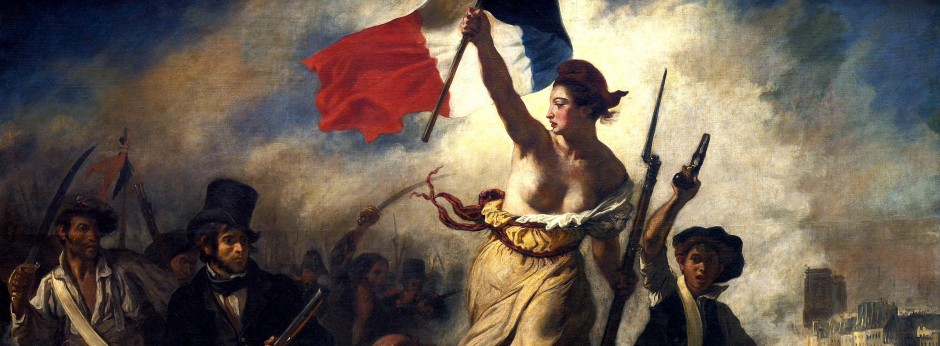What does it mean to be a great leader? As a new member of the Presidential Leadership Academy, this question has been rattling around in my brain for a few months now. Is it honesty? Intelligence? The ability to mediate a situation, or organizational skills? If you google “qualities of a great leader,” you’ll come across a virtual heap of different traits, a never ending parade of virtues which each seem to outweigh the last. It’s overwhelming, to be honest. Out of this mess, one clear question arises: Where do I start?
Aristotle had an idea about 2,300 years ago. “Courage,” he said, “is the first of human qualities, because it is the quality that guarantees the others.” In other words, any great trait or skill a person has will always remain hidden unless they have the courage to use it (Aristotle). You can’t be honest if you don’t have the courage to tell the truth. You can’t be innovative if you don’t have the courage to try new things. And these aren’t the only leadership qualities that would be affected. Confidence, decisiveness, and trust are just a few of the traits that suffer in the absence of courage.
Most of the theory going into this entry comes from a remarkable article by Bill Treasurer, whose title is the eponym of my own post’s. In it, Treasurer asserts that “all courageous acts represent one or more of three main types of courage.” We can look at them now to better understand how courage plays an innate role in practically every aspect of leadership.
Type 1: Try Courage. This, Treasurer says, is “the courage of initiation and action.” This is the type of courage you use by stepping up to the plate in a challenging situation; it’s even used when you decide to become a leader in the first place. It’s what’s invoked when you’re trying something new–perhaps pioneering new projects no one else has tried before either. Try courage involves being innovative, and not being dissuaded by the difficulties of fielding problems you aren’t used to having. This is the quality that drives all modernization and departure, and it’s a crucial for leaders in a world that’s developing as fast as ours.
Type 2: Trust Courage, or “the courage of confidence in others,” is the courage that allows a leader to delegate responsibilities to others without being paranoid that they will somehow muck it up (Treasurer). It’s the lack of fear needed to let go of control in certain situations. Perhaps most importantly, it means being open to new ideas and directions suggested by others. As Winston Churchill put it, “Courage is what it takes to stand up and speak; courage is also what it takes to sit down and listen.” The best leaders are good listeners. But to really be able to consider new ideas, leaders must have the courage to let go of control and trust that another person’s way of doing things may be better for the group (Churchill).
Type 3: Tell Courage. This type of courage is all about using your words, harking back to the first half of the aforementioned quote by Churchill. The courage of voice is essential when it becomes necessary to bring attention to an issue that is uncomfortable, but must be addressed. It’s also often useful when providing tough feedback, and especially when sharing an opinion you know will be unpopular (Treasurer). Most of the time it’s easier to stay silent about a problem, because making people dislike you is a very real fear which I think we can all relate to. However, every leader will come across situations where critical, uncomfortable discussion is essential to progress, and whether this happens can often be the difference between success and failure. In these cases, tell courage is of vital importance.
From these categories, we can derive even more qualities of a great leader. Not only do all superb leaders possess a great deal of courage, they also try more, trust more, and tell more than others.
Being brave is not easy or pleasant. Most of the time, it involves dealing with something distressing, frightful, or overwhelming. The good news is that everyone has the ability to be courageous. Fear, by all rights, is simply an invitation to courage, and as future leaders, we all have already accepted this invitation. Now it’s our turn to put that courage inside of people, helping them to develop as we try, trust, and tell our way to becoming a better leader.
Aristotle. “Aristotle Quotes.” Brainy Quote. Brainy Quote, 2015. Web. 13 Sept., 2015.
Churchill, Winston. “Winston Churchill Quotes.” Brainy Quote. Brainy Quote, 2015. Web. 13 Sept., 2015.
Treasurer, Bill. “Courage is the Key to Great Leadership.” Octane Magazine. Entrepreneurs’ Organization, 2015. Web. 13 Sept., 2015.
Tags: courage, leadership, PLA2015
